Kyle Shin ’20 Discusses Musical Expression and Upcoming EP “Always Autumn”
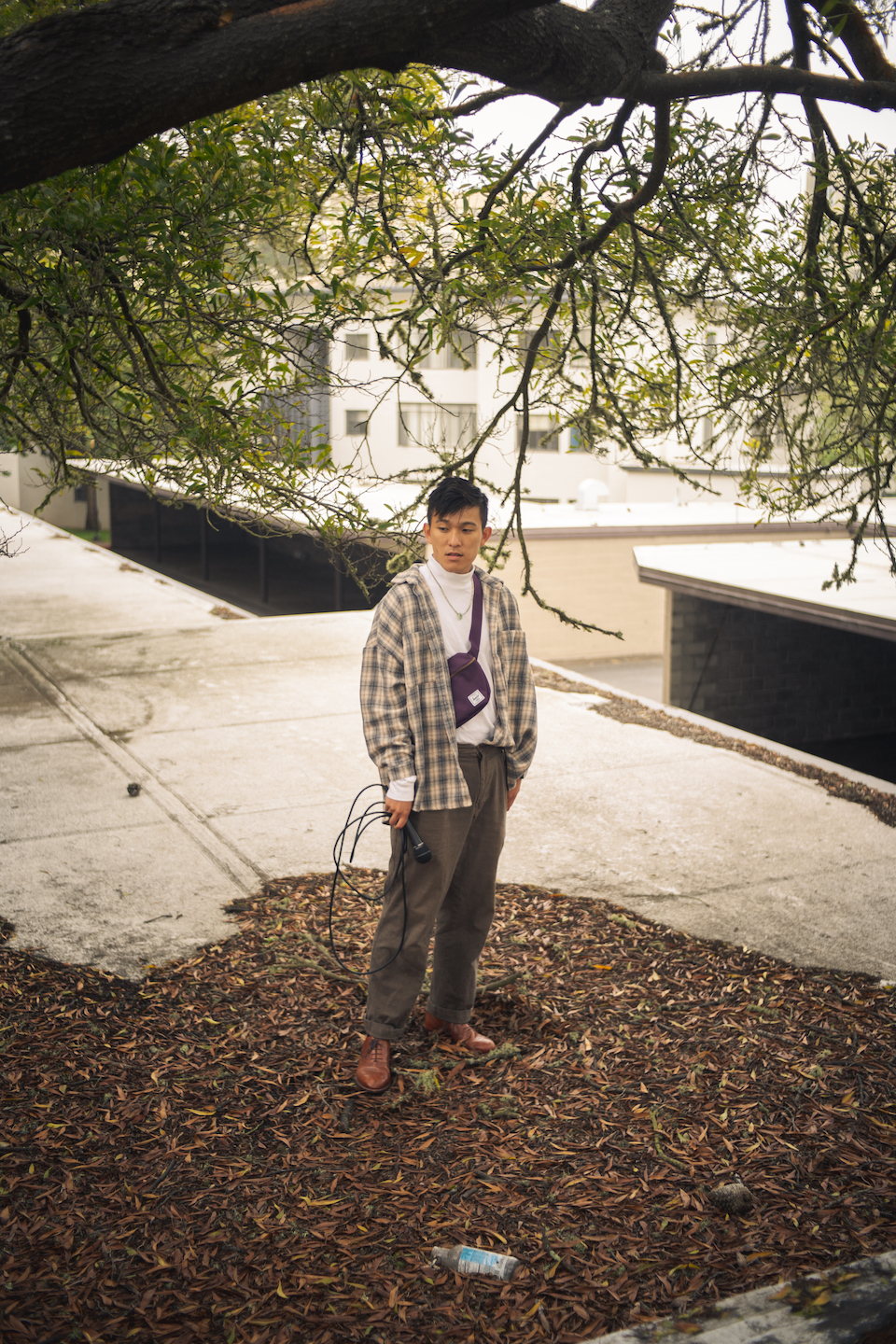
Kyle Shin ’20 is a San Francisco-based rapper and singer who makes music under the name Son of Paper. The Argus spoke with Shin to discuss his music, message, and “Always Autumn,” his EP which will be released Dec. 11.
The Argus: For those who don’t know, where does the stage name Son of Paper come from?
Kyle Shin: Son of Paper is the way that I pay homage to how my family came into the country.
So during the Chinese Exclusion Act, which was from 1882 all the way essentially through 1965, Chinese people were not allowed in the country. The only major loophole to get around that was to buy a fake document and become a paper son or a paper daughter, which thankfully, my great-grandma was able to do. And that’s how I’m even able to be here and to be a fifth-generation Chinese American.
A: How does that community and family background influence your music and what you do artistically?
KS: When I was choosing an artist name, I just wanted something that kept my roots strong and I think that’s true with my music still. I’m very community-oriented and have a lot of love for the people that raised me: the church community and the Chinese American community in general. I think especially in 2020, 2021, this name has taken on even more meaning and relevance as lots of anti-Asian hate crimes have been popping up all over the country. I think what my name stands for, what my brand and artistry stand for, is to stand up against ignorant hate and do so by telling my story and my opinions on political things, current events—all from the Chinese American perspective.
A: What was your time at Wesleyan like, and has it shaped your work?
KS: I think it was pretty well spent. I think a lot of people get caught up in caring about their grades a lot or trying to just major in everything that they can and get that double major, triple major, going. I never really felt a lot of that pressure because around my junior year, I realized I don’t really have an interest in grad school or investment banking. I think I just wanted to get the most out of what I like to do and take classes that I was genuinely interested in and volunteer my time doing things like working with the Asian American Student Collective (AASC), Korean Students Association (KSA), the Wesleyan Chess Club, and playing intramural sports. Just all the things that you can’t really do elsewhere outside of a college setting. I think that made my time at Wesleyan pretty useful and well-balanced. [Also] performing a lot, of course.
A: You mentioned you began doing music while you were at Wesleyan. Do you have any memories or things that stand out to you from that period?
KS: I think my first-ever performance was some open mic in WestCo and I was the only Asian person that was brave enough to perform that night. And people were like, “whoa.” You could see the shock or the surprise that I was not only doing a musical set, but I was doing rap, which is definitely not very common on the East coast, for sure. So doing hella open mics, doing cultural shows like Mabuhay, which is during WesFest, as well as Korean Culture Night, I would say that events like these really spring-boarded my passion for performing, and the performing arts, and gave me confidence to do it at other schools and back home as well.
A: In terms of sound and genre, what sort of sound are you going for, and what styles and musicians are you inspired by?
KS: I would say the sound that I’m going for now, it’s sort of like a crossover between hip-hop, R&B, and a little bit of soul and gospel. I’m trying to really convey honesty and the strength in hope, I guess. There’s a lot more care that I’ve taken in my music in terms of being involved in the whole process. I’m working with several producers and I even have a manager now. I was really just trying to put a really cohesive EP together.
A: You have this upcoming EP, “Always Autumn.” Tell me about the process of working on it and what you’re hoping to put out there.
KS: I think “Always Autumn” is trying to depict all of the facets of fall, all the moods that come with it. So the nostalgia, the loss, remembering people that passed away or people that are no longer in your life. Creating this EP is me trying to remind us of all these things and the positive memories from them. Like, what’s our takeaway when someone passes? We don’t want to just be sad and be held back from being in the present, but we also need to create space for them to continue to exist through our lives and through our memories.
A: Is that inspired by a particular moment from your life?
KS: There’s definitely some specifics I’ll get into, but I think this EP really just sprung from 2020 and the massive amount of heartbreaking news that we heard. I think it’s heightened by social media too, and being stuck at home. So I was just thinking about how do I process all this loss, all of this loss of normal, right? This new terrain that we have to walk as pandemic global citizens, how do we find connection? How do we find meaning in being at home on Zoom? In terms of specifics, I went through a breakup in fall 2019. It stuck with me for a while. So I was like,“man, how do I possibly find peace with this?” That’s how one of the title tracks, “Always,” came out.
A: For people who are unfamiliar with your work, what’s a song or two that you feel represents you well?
KS: I would probably bring up “Autumn.” I think it conveys my honesty, but also my humor and my positionality in terms of how I came to be a rapper. In the verse, I have several food puns that I don’t know if people will get or not, but they’re sprinkled in there in the middle. I talk about all the MCs that have passed recently, including Mac Miller, MF DOOM, and Nipsey Hussle. These three dudes are big influences on me, and I never even got to see any of them live. I have to pay homage not just to my family that came before me, but also the MCs and the hip-hop culture that even got me to where I’m at, or the people I listened to to inspire me. So that’s what “Autumn” is about. How do we deal with all of this loss [when] a lot of young people are passing left and right? How do we make sense of that and carry forward some positivity from that?
A: Is there anything else you’d like people to know about you, or a message you’d like to get out there?
KS: One thing that I’ve noticed about other Wesleyan post-grads or college post-grads, in general, is that a lot of people do a lot of job-hopping and in those years following, they’re just trying to find what works. If you’re still in college or you’re still trying to find your way, I encourage people to really try to feel it out, more than try to think logically 10 steps ahead. There’s a lot of intuition that needs to go into your decisions because you don’t want to get stuck with a job that you hate. Trying to pick what’s right next instead of getting caught up on making a ten-year plan. That’s definitely true for me, I think I have to take my music one day at a time, otherwise, I just drive myself crazy thinking about all of the potential failures. So you just gotta build it out bit by bit.
A: Last question: when’s the EP dropping? Where can people find it?
KS: The EP drops December 11. It’s going to be on all platforms: Spotify, YouTube, iTunes! If you have a moment, please follow me @sonofpaper on whichever [platform] you use. My hope is that, come spring semester, I can come out to Connecticut too and share the music in this project with the Wesleyan family.
This interview has been edited for length and clarity.
Oscar Kim Bauman can be reached at obauman@wesleyan.edu.

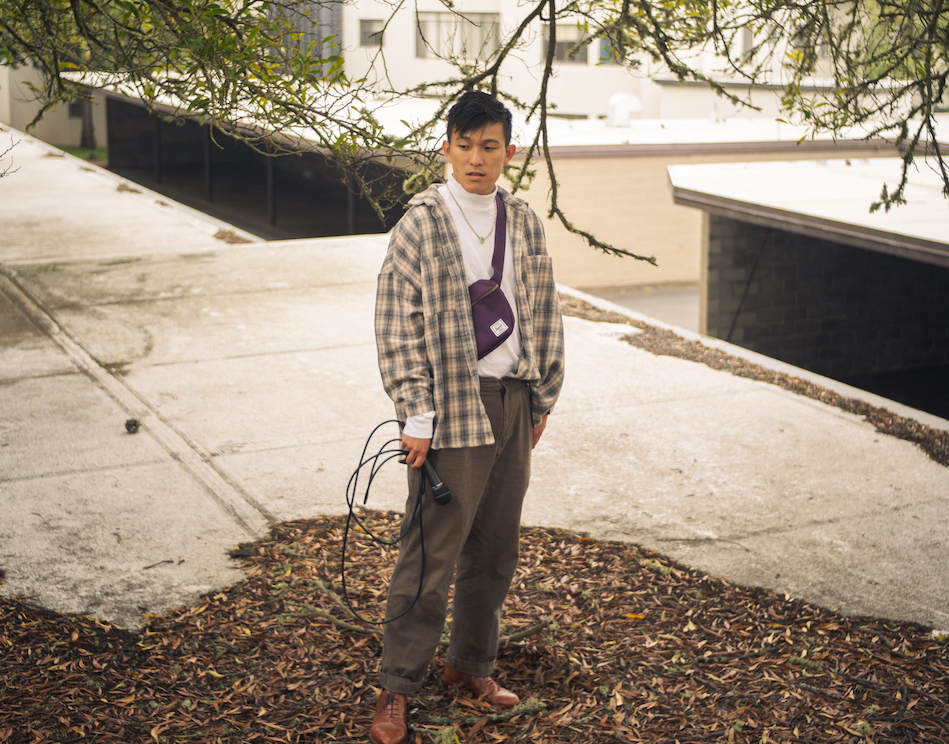
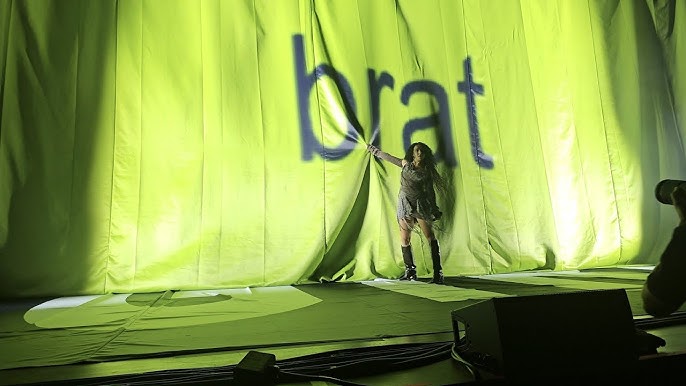
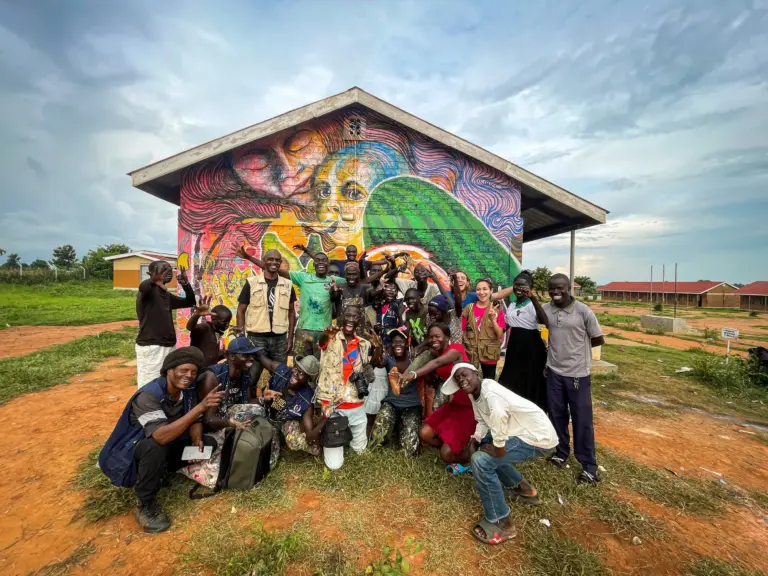
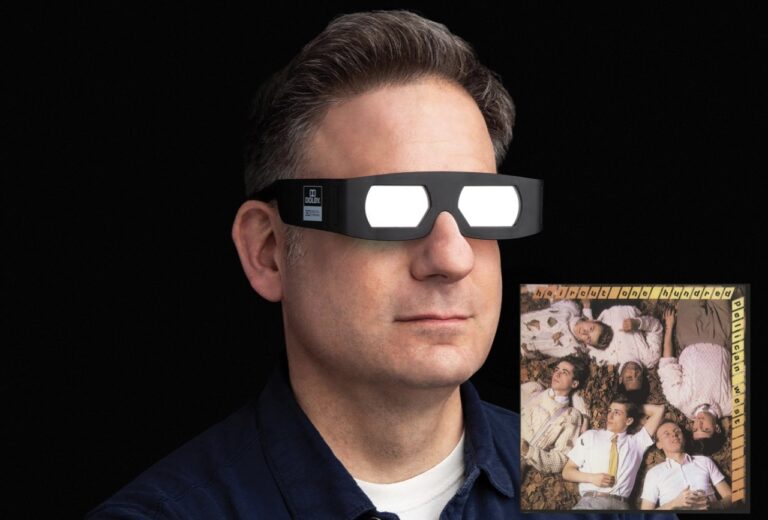

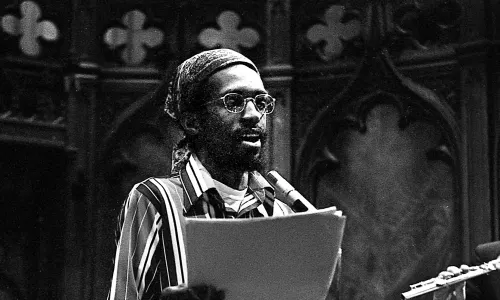
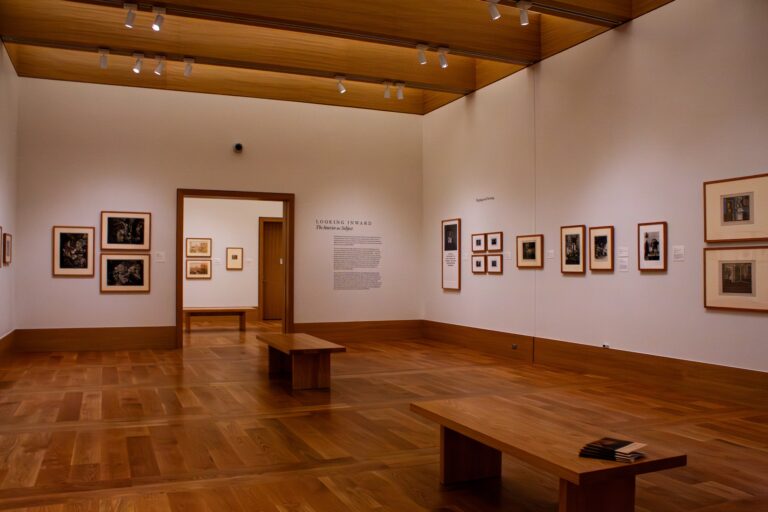
Leave a Reply